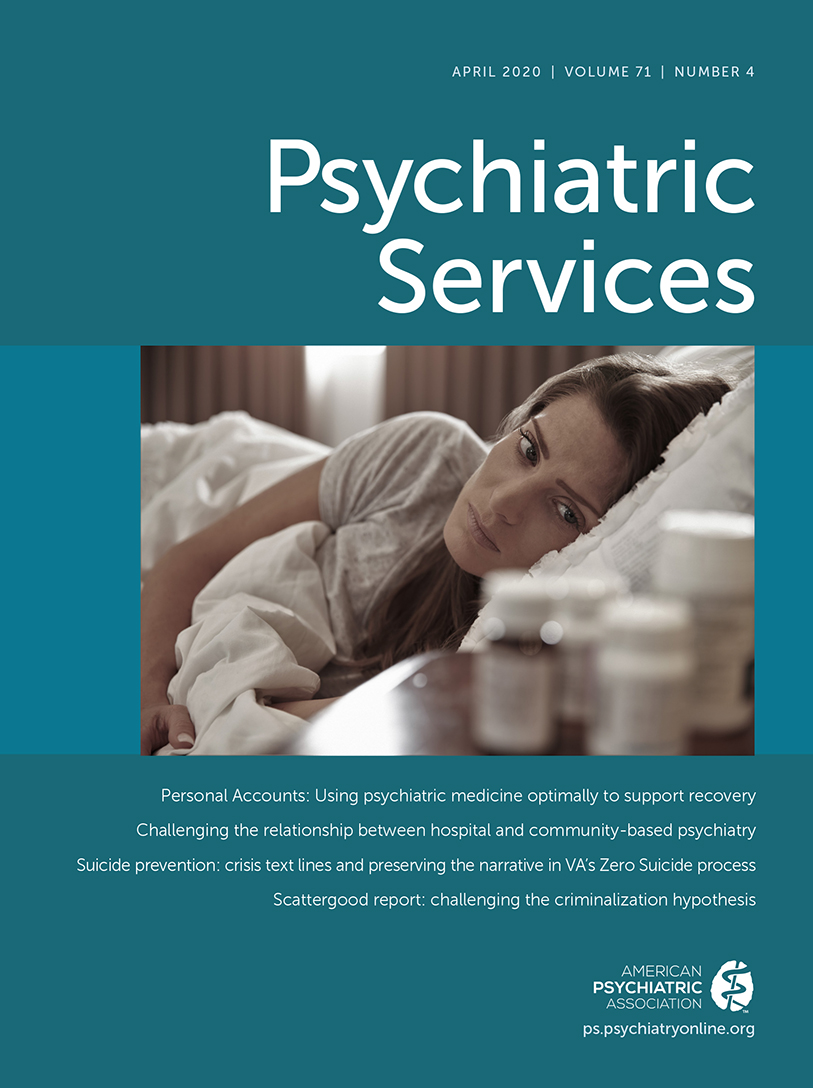Association Between Treatment Seeking and Personal Knowledge of Others With Emotional or Mental Problems
Abstract
Objective:
The aim of this study was to examine whether people who screened positive for depression were more likely to have sought treatment if they had personal knowledge of other individuals with emotional or mental problems or of individuals who have sought treatment for them.
Methods:
Participants who screened positive for current major depression (N=239) via an Internet-based depression screening study completed an online survey about seeking treatment for depression.
Results:
After the authors controlled for social support, stigma, and demographic variables, analyses showed that individuals who personally knew someone with emotional or mental problems either within or outside of their family were more likely to themselves have sought treatment for depression. The same was true for those who personally knew someone—again either within or outside of their family—who had sought treatment for emotional or mental problems.
Conclusions:
Personal knowledge of others with emotional problems or who had sought treatment for them may play a role in decisions about one’s own treatment.



